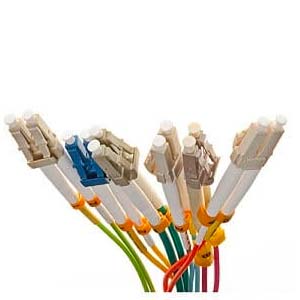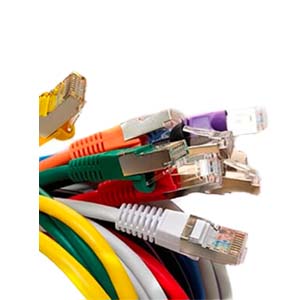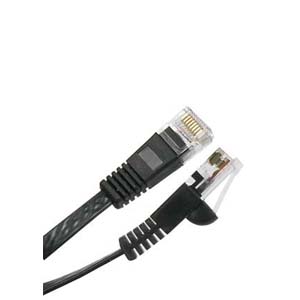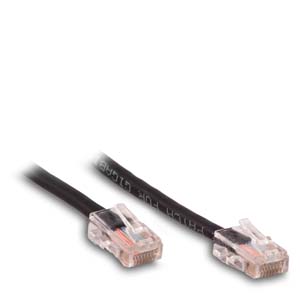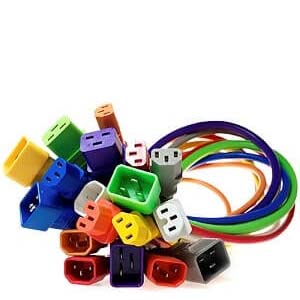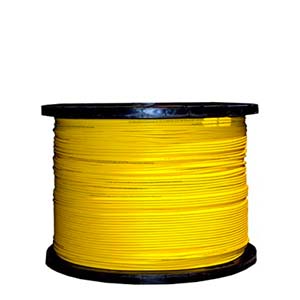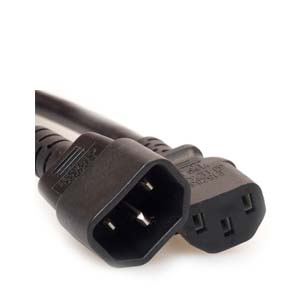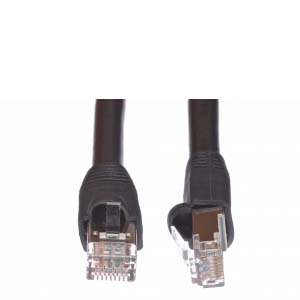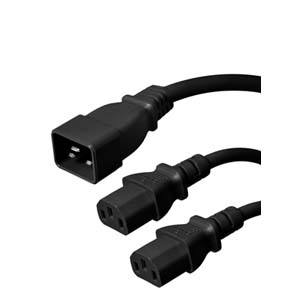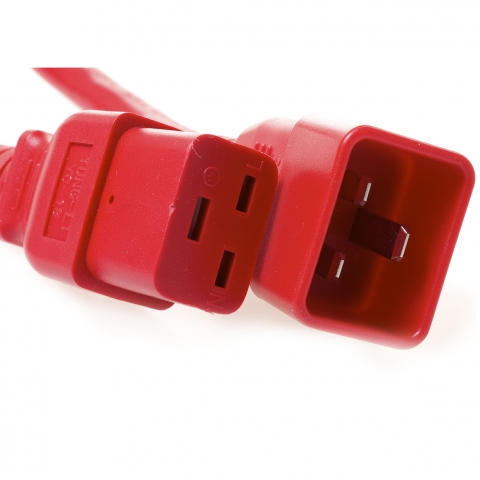Cables Blog
Dos and Don’ts of Extension Cords
Extension cords are handy when outlets are a few feet too far away, but many people tend to misuse them. Here are some of the dos and don’ts of extension cords.
by scot ranney • March 28, 2020
Power Cords, Power Cables, Cables.com
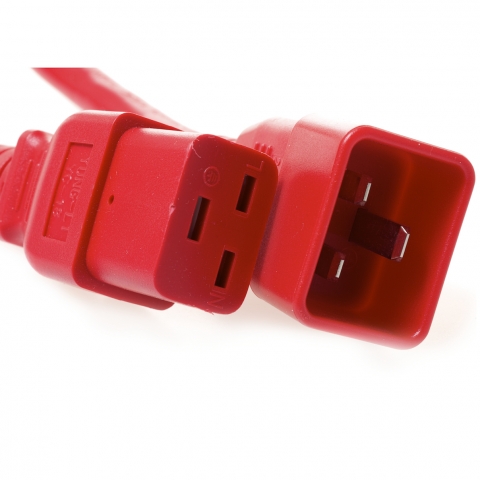
Extension cords are meant to be temporary solutions, not permanent features of your electrical wiring. Misuse of extension cords is common, so here we offer a refresher of the dos and don’ts of extension cords.
Do Use the Right Type of Extension Cord
Carefully read the label, product information, and packaging on power cords before you choose the one appropriate for your needs. Only use outdoor cords outside and indoor cords inside. Outdoor cords are usually thicker and have a protective, insulating yellow or orange coat or jacket, while indoor cords are typically thinner and come without the thick, bright jacket. Make sure the cord you choose is long enough, and make sure an independent testing lab such as Underwriters Laboratory (UL) has approved the cord.
Do Inspect Cords Before You Use Them
Before you plug in an extension cord, look it over for any nicks, cuts, or fraying and replace it if it has any damage at all. Use cords with three-prong plugs, and make sure you plug the pins into the outlets completely. If you have an old house without three-prong outlets that accommodate the grounding plug, it might be time to contact your electrician and update your outlets.
Don’t Confuse Extension Cords with Surge Protectors
Ordinary extension cords don’t function as surge protectors. Some extension cords also function as power strips, but that doesn’t automatically make them surge protectors. Extension cords just get power to devices that are too far away from outlets. Surge protectors have additional features that protect your devices from sudden surges in electrical power. As we mentioned, read labels before you buy, and don’t plug extension cords into surge protectors.
Don’t Overload Extension Cords
Check the cord’s maximum capacity, and don’t connect it to devices that need more juice or to multiple devices that put it over its limit. Don’t connect extension cords to each other, either. You should also never use extension cords for major appliances such as refrigerators.
Don’t Use Extension Cords Permanently
Extension cords aren’t substitutes for proper wiring. They can overheat, especially when covered with a rug. You could also damage them by running a vacuum over them or moving furniture around on top of them. Keep them out where you can see them—that will remind you not to use them as permanent features in your living room or other spaces. Keep outdoor cords away from any place on your property where you might run mowers or other cutting equipment. Furthermore, don’t run extension cords across rooms where residents could trip over them, and never fasten extension cords to anything with staples—these could penetrate the insulation, connect with wires, and cause a fire hazard.
Ultimately, many of the dos and don’ts of extension cords come down to common sense. Don’t let your need for connecting multiple devices overwhelm your attention to safety.


